Artificial Intelligence (AI) is playing an increasingly vital role in modern healthcare, transforming how medical professionals diagnose diseases, treat patients, and manage healthcare systems. This technology enhances the capabilities of healthcare providers and improves patient outcomes across various medical fields.
1. Enhancing Diagnostics and Early Detection
AI systems analyze vast amounts of medical data, including imaging, lab tests, and patient records, to assist doctors in diagnosing diseases more accurately and earlier. Early detection of conditions like cancer, cardiovascular diseases, and neurological disorders greatly improves treatment success rates.
2. Personalized Medicine
AI enables the creation of personalized treatment plans by analyzing genetic information, lifestyle factors, and patient history. This individualized approach helps doctors tailor therapies that maximize effectiveness while minimizing side effects.
3. Streamlining Administrative Tasks
AI automates administrative duties such as appointment scheduling, medical coding, and billing. This reduces errors and frees up healthcare staff to focus more on patient care, improving overall operational efficiency.
4. Supporting Clinical Decision-Making
AI-powered clinical decision support systems (CDSS) provide healthcare professionals with evidence-based recommendations, drug interactions, and diagnostic possibilities. This support helps clinicians make better-informed decisions and reduce medical errors.
5. Remote Monitoring and Chronic Disease Management
Wearable devices and AI tools monitor patients’ health metrics in real-time, enabling continuous care outside of hospitals. This is especially beneficial for managing chronic diseases like diabetes, hypertension, and heart conditions, allowing timely interventions.
6. Accelerating Research and Drug Development
AI speeds up the research process by analyzing large datasets and predicting outcomes, significantly shortening drug discovery timelines and identifying potential treatments faster than traditional methods.
7. Enhancing Patient Engagement and Access to Care
AI-powered chatbots and virtual health assistants provide patients with 24/7 support, answer queries, schedule appointments, and send medication reminders. These tools improve patient engagement and make healthcare more accessible, especially in remote areas.
8. Predictive Analytics for Healthcare Planning
AI analyzes population health data to predict disease outbreaks, hospital admission rates, and resource needs. This helps healthcare systems prepare and allocate resources efficiently, improving public health outcomes.
Conclusion
The role of AI in healthcare is multifaceted and transformative. By improving diagnostics, personalizing treatments, streamlining operations, and supporting research, AI is reshaping the healthcare landscape. As AI technology continues to advance, its role will expand further, ultimately leading to more efficient, accurate, and accessible healthcare for all.


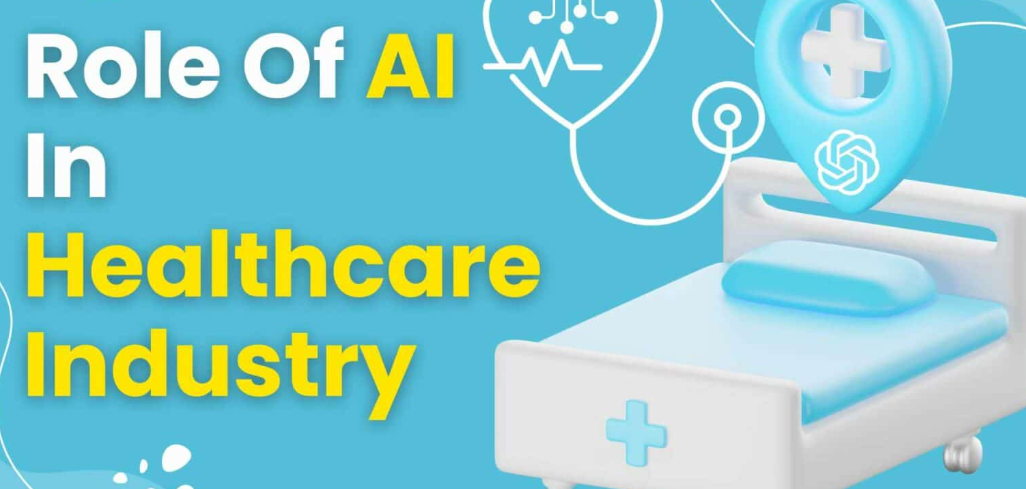
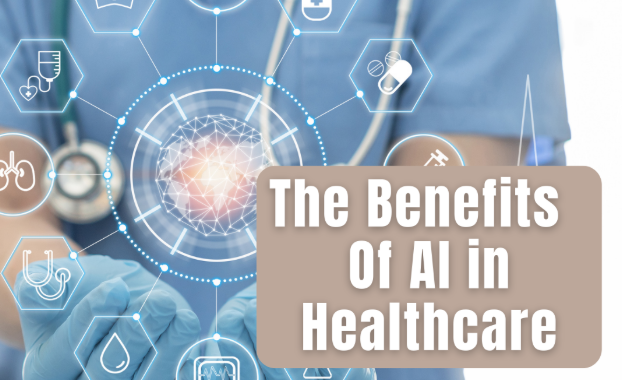
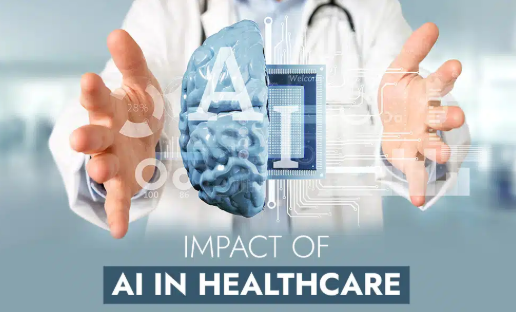
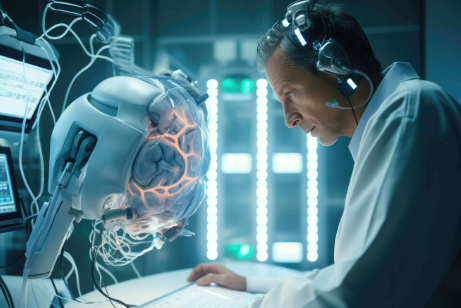
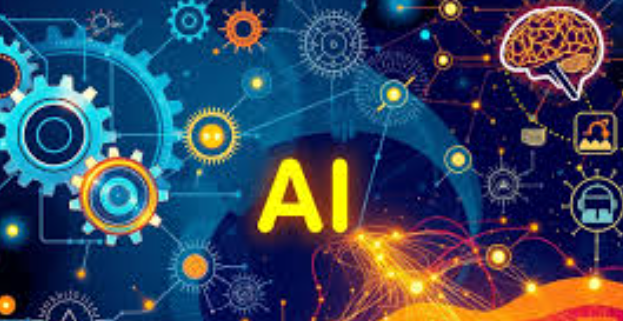
Leave feedback about this